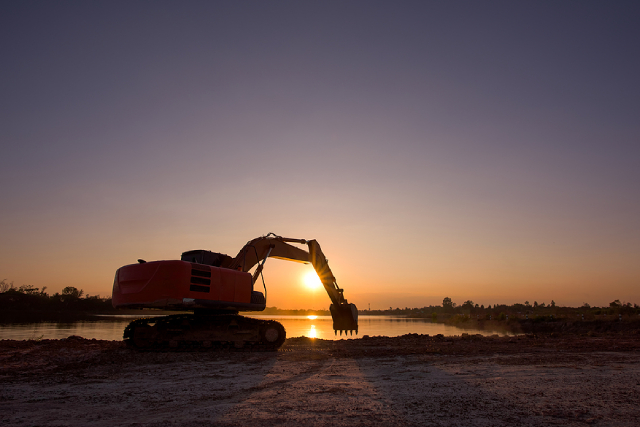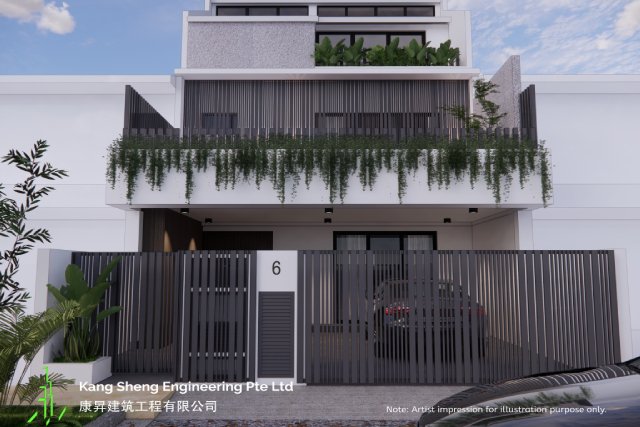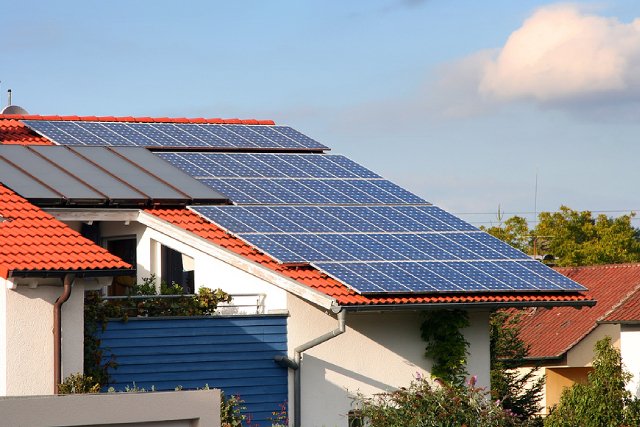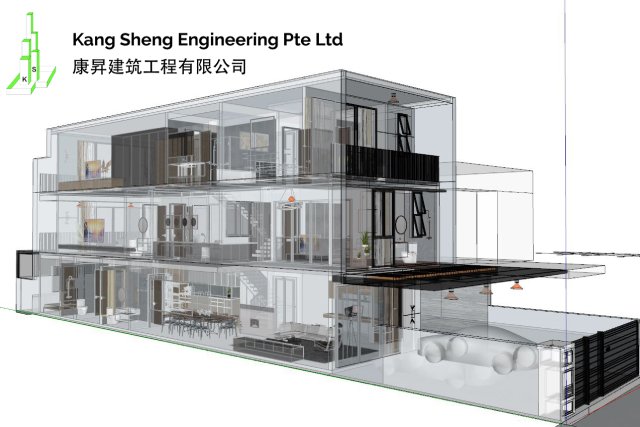
Earth Hour is approaching, and while it’s a great initiative to switch off the lights for an hour, it’s worth asking – does it really make an impact on the construction industry? The short answer? Not as much as we’d like. Construction is an energy-intensive sector, and real sustainability goes beyond one symbolic hour. The real question is, how can contractors keep the momentum going all year round?
1. Prioritising renewable energy in construction
The construction industry is known for its high energy consumption, but contractors can take steps to reduce reliance on fossil fuels. Solar panels, on-site offices, energy-efficient machinery, and even sourcing renewable energy from local providers can make a significant difference. For example, Singapore contractor services are starting to embrace solar technology for temporary site power instead of relying solely on diesel generators.
2. Sustainable material choices matter
Using sustainable materials is one of the most effective ways to reduce environmental impact. Bamboo, recycled steel, and engineered wood are excellent alternatives to traditional materials. Contractors can also look into repurposing construction waste – rather than discarding excess concrete or wood, these materials can be reused for other projects.
3. Smarter waste management strategies
Construction waste is a major contributor to landfill issues. Instead of dumping waste, consider implementing a recycling plan. Segregating materials on-site and partnering with recycling firms can significantly reduce the amount of waste that ends up in landfills. Some companies have even taken it a step further by using AI-driven waste tracking to identify inefficiencies and reduce excess.
4. Investing in energy-efficient equipment
Upgrading to energy-efficient equipment isn’t just good for the planet – it’s also cost-effective. Using modern construction machinery with lower emissions, LED lighting on sites, and smart sensors for resource monitoring can significantly cut down on unnecessary energy usage. Contractors can also explore electric or hybrid construction vehicles instead of traditional diesel-powered ones.
5. Water conservation on construction sites
Water is often overlooked in construction sustainability efforts, yet it plays a crucial role. Simple strategies like rainwater harvesting for dust control, using low-flow water fixtures, and recycling water on-site can lead to significant savings. In Singapore, where water resources are limited, this is especially important for responsible construction practices.
6. Implementing green building standards
Green buildings are the future. Adopting sustainable design principles, such as passive cooling, proper insulation, and green roofs, can drastically reduce energy usage in the long run. Certifications like BCA’s Green Mark Scheme in Singapore encourage eco-friendly construction practices, making it easier for contractors to align with sustainability goals.
7. Encouraging a culture of sustainability among workers
Sustainability isn’t just about materials and equipment – it’s also about mindset. Educating workers about eco-friendly practices and encouraging them to be mindful of energy and waste can create a long-term impact. Small changes, such as reducing unnecessary idling of machinery or turning off equipment when not in use, can add up over time.
8. Collaborating for a greener future
Sustainability in construction doesn’t happen in isolation. Collaborating with suppliers, clients, and subcontractors to ensure eco-friendly practices throughout the supply chain can amplify the impact. Whether it’s sourcing materials from responsible suppliers or working with a general contractor who prioritises green initiatives, teamwork is key to making long-term change.
Conclusion
Earth Hour is a great reminder to be mindful of our energy use, but true sustainability in construction requires year-round commitment. By prioritising renewable energy, reducing waste, and investing in energy-efficient solutions, contractors can make a meaningful impact on the environment.
Kang Sheng Engineering is committed to sustainable construction through our design-build services and general contracting solutions for residential and commercial projects. Let’s build a greener future together – reach out to us today to learn how we can bring sustainable practices to your next project.



